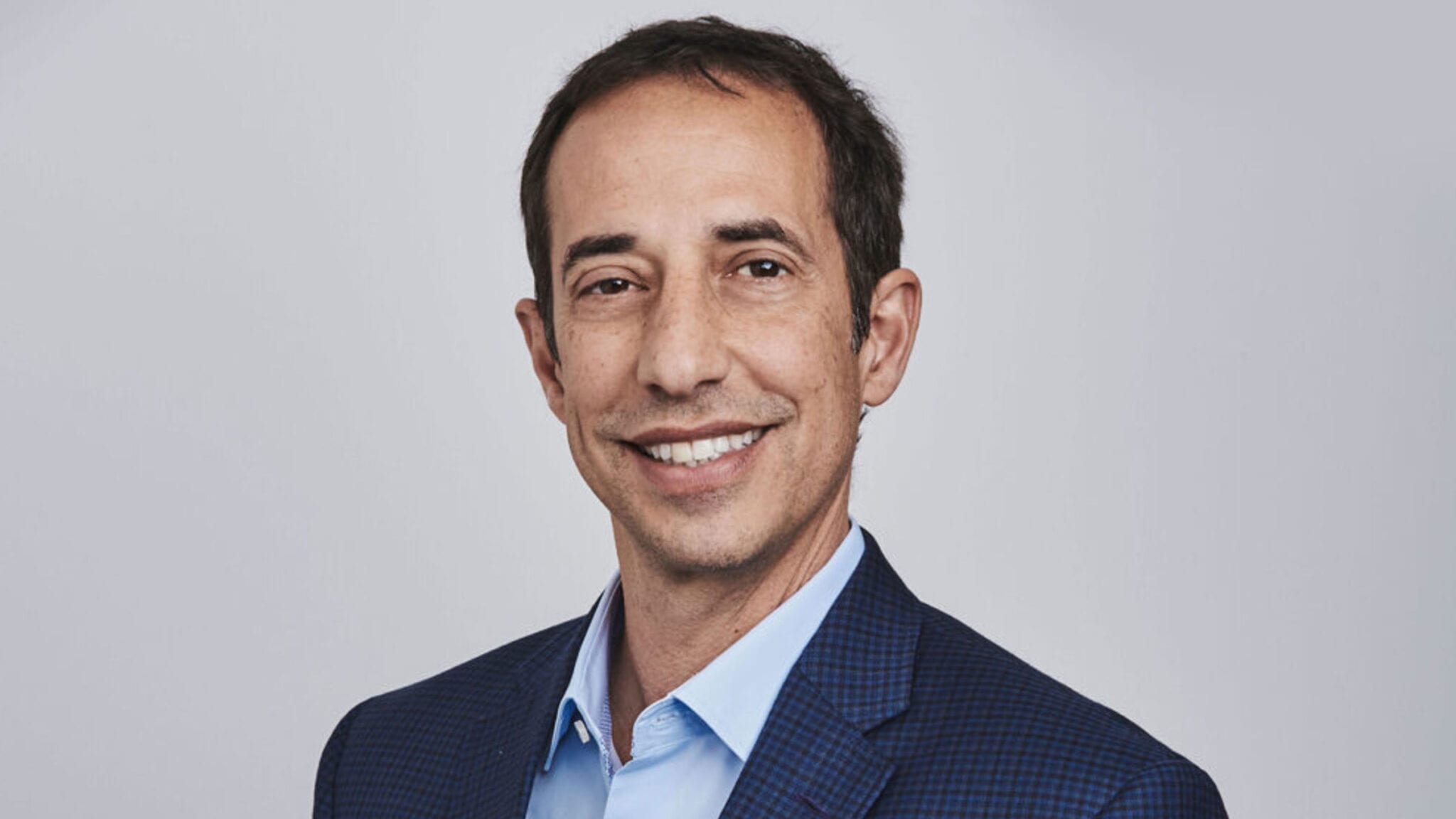
David Zaccardelli, Verona Pharma CEO
Verona’s COPD drug shines in PhIII study, potentially clearing path to FDA — shares jump
UK-based Verona Pharma’s COPD drug, ensifentrine, has succeeded in its Phase III trial, paving the way for a possible FDA approval.
In Verona’s Phase III …
Sign up to read this article for free.
Get free access to a limited number of articles, plus choose newsletters to get straight to your inbox.